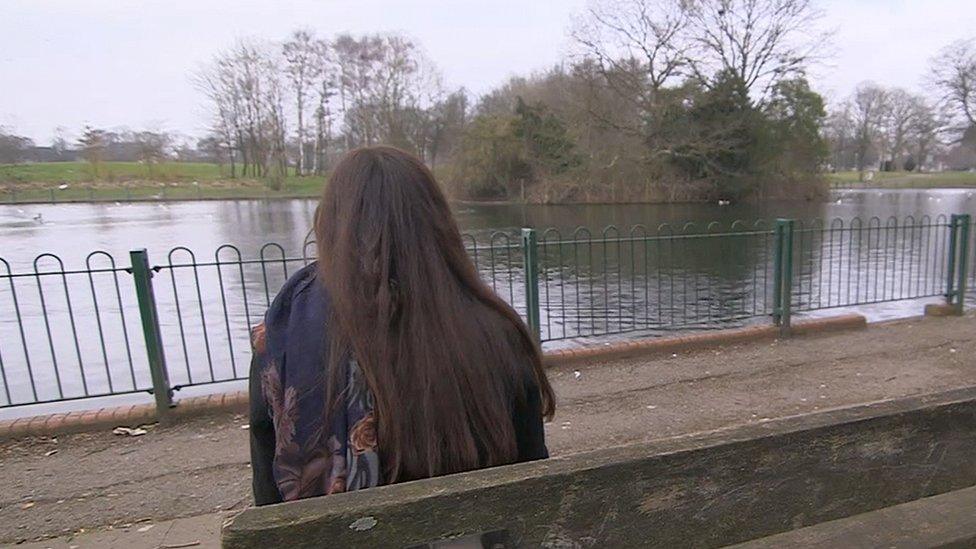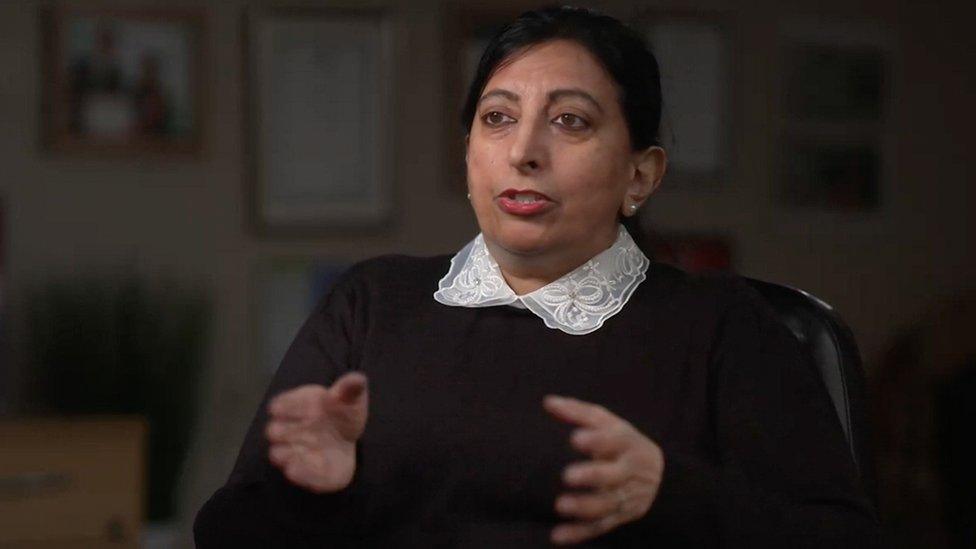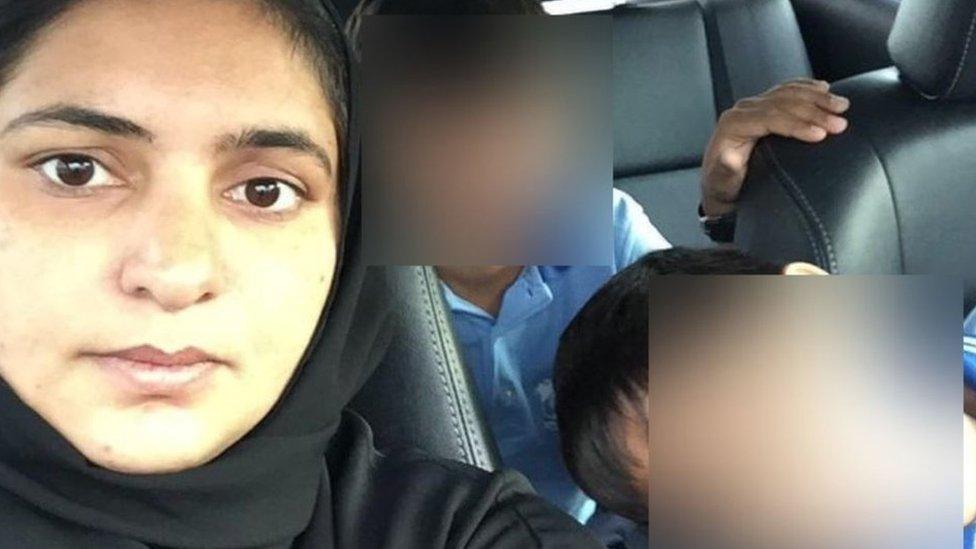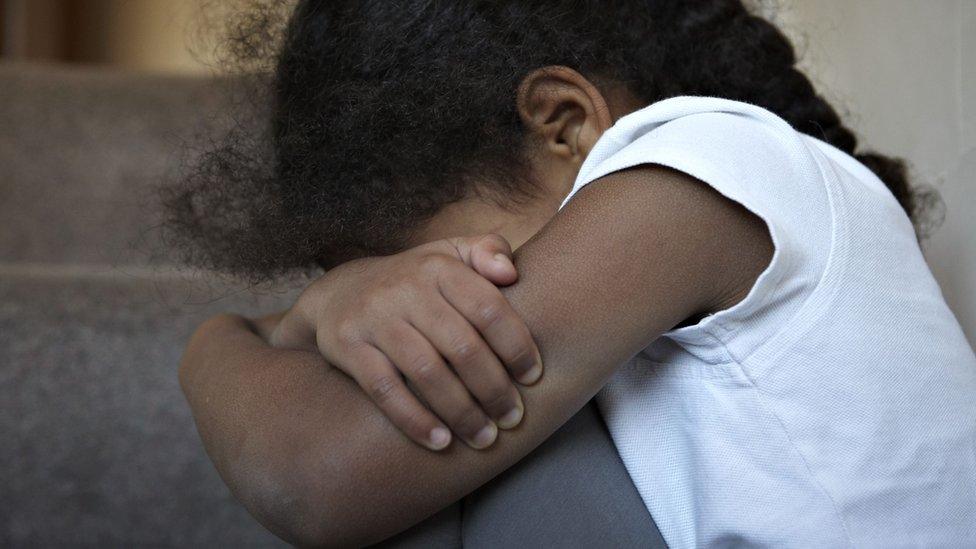BAME sexual abuse: 'Failures' of victims to be investigated
- Published

Three policing bodies are to investigate how police in England and Wales deal with sexual abuse victims from ethnic minority backgrounds.
It follows a super-complaint citing failures in responses to reports of sexual abuse within a BAME community.
Areas of concern included excessive focus on "community impact" and failure to consider family reprisals when abuse was reported to the police.
The super-complaint was raised by Tees Valley Inclusion Project (TVIP).
Super-complaints allow organisations or charities to raise issues on behalf of the public about harmful patterns in policing.
Her Majesty's Inspectorate of Constabulary and Fire & Rescue Services, the Independent Office for Police Conduct and the College of Policing will investigate police responses and report their findings.
The charity Halo, which supports abused people from minority communities, wrote the report on behalf of TVIP, which works with BAME individuals to aid social inclusion.
The complaint highlights obstacles unique to ethnic communities in the investigation of sexual abuse cases. These include:
A "disproportionate focus on community impact"
The "failure to consider honour-based abuse" where complainants face family reprisals
An "overuse of voluntary suspect interviews" where alleged perpetrators can attend police interviews at their own convenience
'Devastating ramifications'
Failure to consider honour-based violence was an area the Halo project found was particularly failing black and ethnic minority victims.
"The ramifications of not considering honour really can be devastating," Yasmin Khan, director of Halo, told BBC Newsnight.
Victims are discouraged to disclose sexual abuse to officers because it brings shame and dishonour to the family and sometimes whole communities, Ms Khan said.
Over the course of a decade, Rahila, not her real name, was raped and sexually abused by members of her extended family since she was in primary school.
Fifteen years later she disclosed her abuse to the police but some of her alleged abusers were not contacted for more than a year. All denied the allegations and there were no prosecutions.
"After my uncles were interviewed I didn't feel safe," she said.
"I think they would silence me. I think they would kill me.
"I still believe that I am at threat now... That's why I haven't told anybody where I am. I have no friends, no family here."
She was pressured by her family not to contact the police.
"I was told to conceal what happened to me," she said. "It was shame for me. But there was no mention of my uncle being in shame."

Former police officer Maliha Berridge specialised in so-called honour-based crime
The former North West chief crown prosecutor Nazir Afzal, who helped convict grooming gangs in Rochdale, is a contributor to the super-complaint and patron of Halo.
"When victims from the minority community come forward, unfortunately, there's a tendency amongst some police forces and officers to be hypersensitive about what the community might think, which they wouldn't do for any other victim."
Mr Afzal believes it is a by-product of the so-called grooming cases and "that means these victims are just being neglected".
Former police officer Maliha Berridge, who specialised in so-called honour-based violence, said "the police are so frightened of putting a foot wrong and being accused of racism, Islamophobia, singling out BME people".
She said "The law should be neutral. If somebody breaks the law, he's a criminal. We need to arrest him. We need to deal with it."
Rahila is being helped by the charity Muslim Women's Network UK who also contributed to the report.
Now in hiding, in fear of her and her children's lives, she said: "I regret going to the police, because it's turned my world upside down".
Related topics
- Published6 July 2020

- Published11 April 2017
